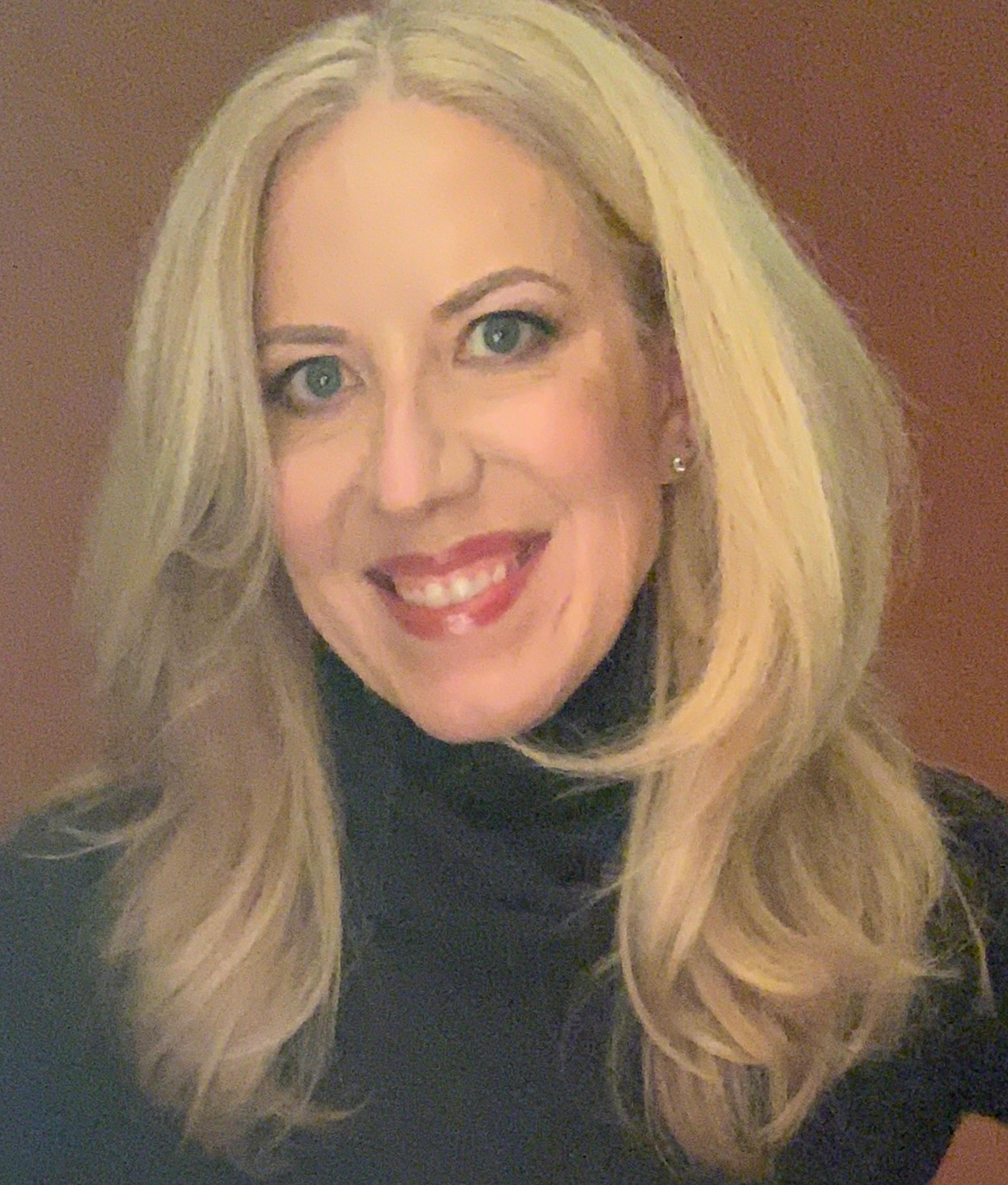
It seemed as though I had some version of the following conversation a million times over the course of the pandemic: “I’m not really sure what happened. I just wanted to stay healthy during shelter-in place. I started by cutting out junk food and exercising more, but then it took on a life of its own, and I ended up really sick.” All young people were impacted by the sudden shutdowns that prevented them from their normal lives. School attendance, time with friends, and participation in sports and other activities were all affected. Social media provided important connection to friends and also ample opportunity for social comparison as well as access to nutrition and fitness “tips”.
For the last ten years, a large part of my job has consisted of evaluating and treating hospitalized patients with eating disorders who have become medically unstable secondary to malnutrition. Even in a well-resourced place like Silicon Valley, access to evidence-based treatment is difficult. At baseline, there are serious inequities in the ways in which people can access care. Owing to the frustrations of red tape and low reimbursement, many qualified clinicians don’t work with commercial insurance, and instead serve patients who can pay privately. Families covered by government payors don’t have access to certain levels of care. With the pandemic, we saw a spike in demand for eating disorder treatment, without a corresponding increase in resources. All the mental health providers in the area were tapped by a sharp increase in mental health acuity.
Our reality became what seemed a never-ending revolving door of patients. We could get them medically stable enough to safely send home, but we didn’t have a lot of options for ongoing treatment, and that meant that many did poorly on discharge and needed to be readmitted. Academic centers and community providers were completely full. Day treatment and residential centers were dealing with COVID precautions and limits to their census in addition to unprecedented acuity, and many had months-long waiting lists. It was (and is) a very difficult time.
Eating disorders have the dubious distinction of having the highest mortality rate of any mental illness other than opiate dependence. Sudden death can result from any of the many medical complications of malnutrition, such as cardiac arrhythmia. Half of patients who succumb to an eating disorder die by suicide. It is a terrible illness in the best of times, and especially in the worst of times, it felt overwhelming to tell families over and over again that I knew what they needed, but was limited in helping them find it.
I’ve worked in academia my entire career, and have absolutely loved it. I’ve had the honor of working alongside clinicians and scholars who have developed the innovative treatments we deliver in real world settings. Striving to provide excellent clinical care while also training the next generation of physicians and psychologists keeps me on my toes and feeds my soul. At the same time, I’ve struggled with the limitations in the current treatment landscape.
When I was approached with the opportunity to join Equip, I knew that I needed to be involved in some way. At Equip, I’m afforded with the opportunity to provide high-quality care, teach and train in a wide range of settings, and be involved in helping solve the seemingly daunting access and scalability issues. At the same time, I’m still able to stay involved in the academic tasks that have been such a large part of my professional identity. I will always be grateful to academia, and the many wonderful colleagues I continue to work alongside, for preparing me to pivot into this new role. Providing everyone who needs it access to evidence-based eating disorder treatment is at the heart of our mission, and I can attest to the fact that this is reinforced often at Equip. It is truly our north star.







